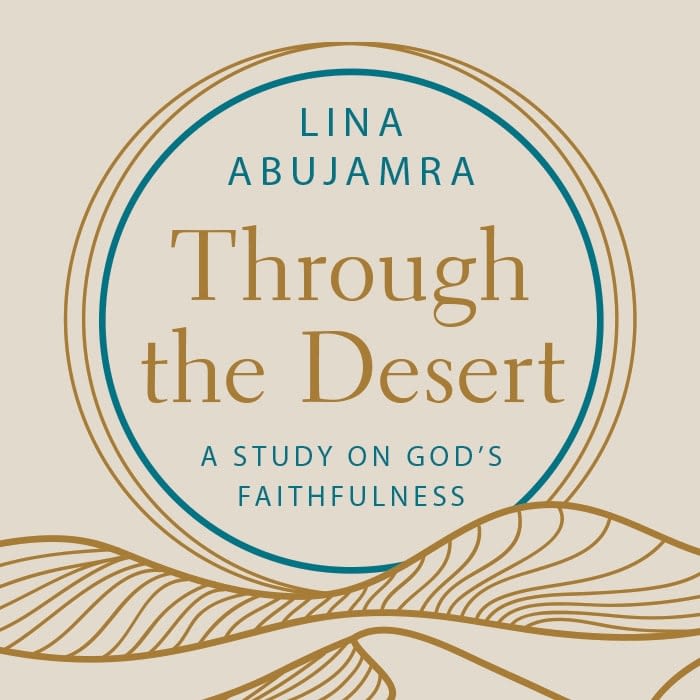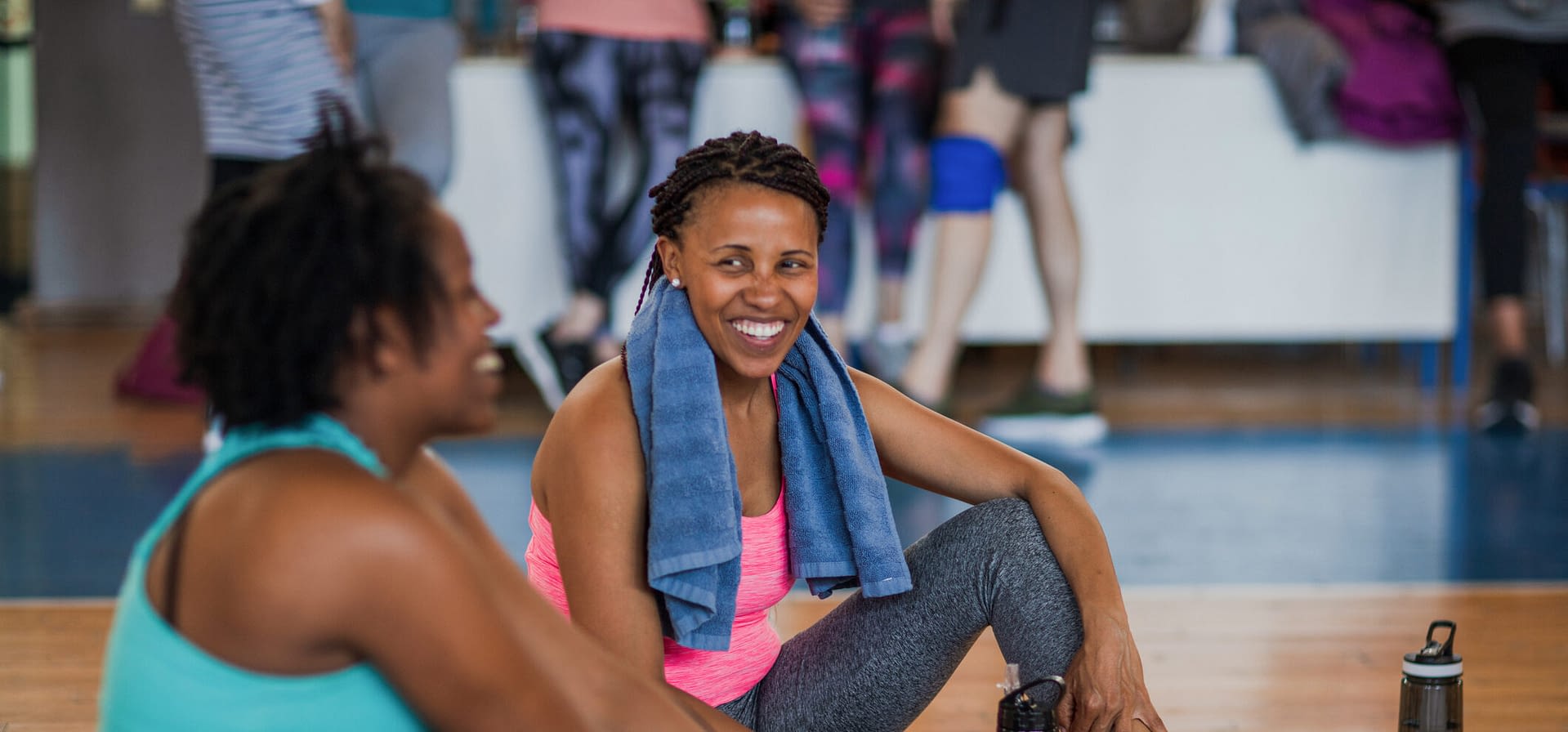I’ve always been quiet. I remember when I was in eighth grade at a new school, a boy looked at me and remarked sarcastically, “Oh, she can talk.” Later, at a different school, I tried to convince my parents I felt too sick to attend a party (my stomach did hurt). They dropped me off anyway. Despite many opportunities, I never outgrew my introverted tendencies.
I like to be at home. I don’t mind being alone, and I love reading books. I can’t drink coffee or watch violent movies without feeling a little sick. I dislike conflict. I prefer investing in my family and a few deep friendships rather than juggling an array of acquaintances. I enjoy peaceful walks outside, soaking in the beauty of creation. Noisy places full of people and fiercely competing stimuli hold little appeal. I tolerate them but often leave after a few hours, taking a cleansing breath of relief once I escape. If given a choice, a cozy corner with a comfy chair and a good book always triumph over a big gathering.
What is an Introvert?
Before I read Susan Cain’s book Quiet I lacked a good framework for understanding my preference for peace, solitude, deep conversations, and books. The place someone falls on the extroversion-introversion continuum affects every area of life. Cain lists twenty common attributes of introverts, including disliking small talk, concentrating easily, tending to think before speaking, and avoiding risk (13-14).I answered true to all but one of the twenty.
Adam McHugh, author of Introverts in the Church, helpfully describes three characteristics of introversion: energy source, internal processing, and depth over breadth. I found the concept of energy source especially insightful. Introverts refuel and receive energy by being alone. Time with people, however enjoyable, drains and depletes them. Extroverts are the opposite—they gain energy from outside interaction, time with people, and stimulation. McHugh describes an extrovert as “a reservoir that relies on rainfall for water,” while an introvert is a geyser that “finds its power from a subterranean water force” (chap. 2).
This correlates with my lived experience. When I’m tired from a demanding day at work or an arduous day with the kids, the last thing I want to do is meet up with friends or go out. I long for a quiet evening at home with my husband to recharge for the duties of the next day.
America’s Extrovert Ideal
In her book, Cain skillfully traces the development of the “Extrovert Ideal” in American history, showing how our values shifted from a Culture of Character to a Culture of Personality. In the former, “the ideal self was serious, disciplined, and honorable” (21). After the transition to the Culture of Personality, Americans idealized those who were bold, gregarious, entertaining, and persuasive.
My senior year of high school, I was voted Most Quiet Girl. In our Culture of Personality, that label doesn’t have the same ring to it as Most Likely to Succeed. Despite frequent admonitions to “just come out of your shell,” I didn’t. I couldn’t.
Cain explains that a predisposition for introversion is imbedded deeply in the brain. The amygdala of introverts is more sensitive, a characteristic described as being “high-reactive” (102). This sensitivity often leads introverts to notice things that others don’t—but it also means they get overwhelmed more easily.
Surprisingly, despite feeling like a disappointing misfit for much of my life, Cain submits “one out of every two or three people you know”is an introvert (4). And without introverts, we wouldn’t have personal computers, the theory of relativity, Harry Potter, Google, or the theory of gravity (5).
In America, extroverts tend to “rule” the classroom as children and the boardroom as adults, thriving on competition, risk, and social interaction. Introverts often fade into the background, uncomfortable with the spotlight or crowds, feeling as though they don’t measure up or belong.
Introverts as Faithful Christians
The American evangelical church mirrors American culture in prizing extroversion. I grew up in the evangelical tradition, which prioritizes evangelism and relationships. McHugh describes the ideal Christian in many evangelical communities as “highly sociable and gregarious, someone who is expressive and enthusiastic and transparent, with overt passion and a broad smile, a person who shares her faith easily, who assumes leadership responsibilities and meets new people quickly, someone who participates in a wide variety of activities and groups, and a person who eagerly invites people into her home” (chap. 1).
I have beautiful friends who fit the extroverted “ideal Christian” description, and I love and appreciate them. But I will never be one. I know myself well enough to acknowledge my strengths and limitations while cheerfully living within them. Does that exclude me from playing a meaningful role in God’s kingdom? Or, perhaps, do I need to deepen my understanding of the Body of Christ?
In the 300s, Athanasius of northern Africa wrote a true story, The Life of Saint Anthony. Anthony was a contemporary of Constantine. Constantine was a larger-than-life man who ended Rome’s persecution of Christians, built a city he named after himself, marched armies under the sign of a cross, and invited recently-persecuted Christians into his inner courts.
Anthony, on the other hand, believed that God wanted him to sell his possessions and live alone in the desert. Anthony lived in tombs fighting demons, then lived in an abandoned fort alone for twenty years. Anthony spent his days and nights praying and meditating, longing to know Jesus more, and fighting a spiritual battle invisible to most. People came to him for physical healing and freedom from demonic oppression, and God healed many through him. Constantine and his sons heard of Anthony and wrote letters to him. Anthony eventually wrote back, telling the rulers to worship God rather than power, to show justice and compassion, and to help the poor.
Most of us, of course, will never rule an empire or live alone in the desert fighting demons. But the lives of these two Christians showcase the diversity our world needs. Constantine was almost certainly an extrovert; Saint Anthony was an introvert. They both had important, though wildly different, places in God’s kingdom.
God’s Kingdom
I remember the first time I heard a definition of God’s kingdom that made sense. A pastor said, “God’s kingdom is wherever God is King.” Before, I had equated God’s kingdom with heaven, so it felt disembodied, vague, and distant. But as this new definition took shape, I could see implications for my life today.
What would a place where God is King look like? The answer depends on who God is. If God is love (1 John 4:8), His kingdom will be one of peace, goodness, abundance, and joy. A good king ensures the safety and flourishing of those in his care. We see a place like this at the very beginning of our collective story, when God created a perfect world where everything was very good (Genesis 1-2). There was no death, evil, or pain. People enjoyed perfect relationships with God, each other, and all of creation.
Jesus came to restore what we lost—to rescue us from sin and death, bringing God’s kingdom to earth once again. He came so we could love and be loved. When we pray for His will to be done and His kingdom to come here on earth as it is in heaven, we’re asking Him to rescue and transform broken people in a broken world, making all things good and new again, like they were in the beginning.
Diversity in the Body of Christ
Jesus is still bringing His kingdom, and now, we are part of what He’s doing. Through His Spirit, He joins us into a coordinated organism dependent on each other and on Him. “For just as the body is one and has many members, and all the members of the body, though many, are one body, so it is with Christ. For in one Spirit we were all baptized into one body—Jews or Greeks, slaves or free—and all were made to drink of one Spirit” (1 Cor. 12:12-13).
Our bodies are complex and intricate. Mysterious things happen below the surface, hidden from sight. But all our parts matter for our overall health and proper functioning, from our hands to our intestines, from our lungs to our feet. Our parts perform vastly different jobs, and no other part is capable of another’s particular task. Your brain cannot pump blood like your heart, and your nose cannot detect light like your eyes.
As a Body serving to bring God’s kingdom, we need each other. We need commanding Constantine and reclusive Saint Anthony and everyone in between. We shouldn’t tell a tongue to be an ear; that’s ridiculous. Let each part do what it was fashioned to do.
Though countercultural, embracing your limits is freeing. My circumstances, choices, and personality all confine me in certain ways—and that’s okay. Because we homeschool, my husband and I cannot both have full-time jobs. As an introvert, I require solitude to recharge. Knowing yourself, identifying your limits, and resting in grace are all necessary for living well.
Whether you are quiet or not, you were created on purpose. You are fearfully and wonderfully made. We all need you, and God has a unique place for you in His kingdom.
Related Posts:





One Response
From an extreme introvert / isolationist, THANK YOU! I needed to hear this in a world of “you have to get out and make disciples or you’re not doing Gods work.”